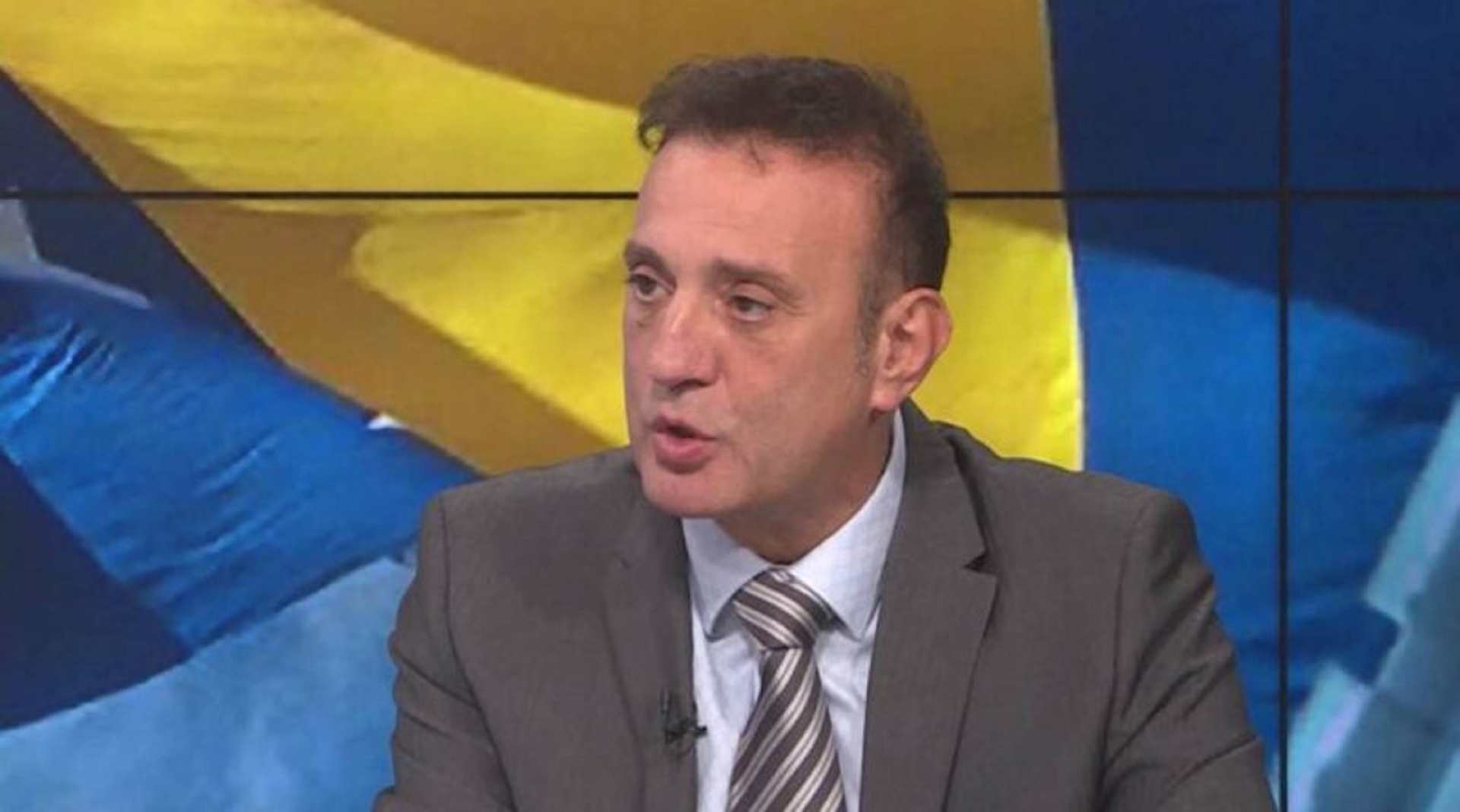President of the Bosnian Academy of Sciences and Arts “Kulin ban” academic prof. dr. Suad Kurtćehajić referred to current events regarding the imposition of changes to the electoral law by High Representative Christian Smith

We are witnessing the enormous pressure and offensive of the Croatian official policy towards the High Representative to impose changes to the electoral law that would satisfy the wishes of the HDZ in Bosnia and Herzegovina. Bosnia and Herzegovina would turn even more to the strengthening of the ethnic, which would deepen already existing discrimination, which the Court of Human Rights in Strasbourg tried to alleviate and eliminate with its judgments.
Instead of the High Representative advocating for the implementation of the judgments already passed by the Court in Strasbourg in the cases of Sejdić-Finci (which has been waiting for implementation since 2009), Ilijas Pilav, Aida Zornić, and Svetozar Pudarić, he succumbed to the pressure that the Croats in Bosnia and Herzegovina were not legitimately represented even though this representation does not exist as a constitutional category.
At the same time, Bosniaks in Croatia are seriously discriminated against, and this can be easily seen when comparing the facts.
Related Articles:
- APPEAL OF THE BOSNIAN ACADEMY OF SCIENCES AND ARTS “KULIN BAN”
- BANUK: The borders of BiH are a historical category determined by the Berlin Congress in 1878
Croats are the third largest nation in Bosnia and Herzegovina after Bosniaks and Serbs, and Bosniaks are the third largest nation in Croatia after Croats and Serbs. Academician Kurtćehajić emphasizes that Croats in Bosnia and Herzegovina have a hundred times more rights than Bosniaks in Croatia.
The truth is that Croats are an equal nation in Bosnia and Herzegovina (but not a constituent nation, as the OHR in its unofficial translation of the Constitution of Bosnia and Herzegovina incorrectly translates the word constituent, which means part of the whole, from the English language, and imposed that wrong translation on the Constitutional Court of Bosnia and Herzegovina).
On the other hand, Bosniaks are a minority in Croatia, like everyone else except Croats (I note that Serbs were an equal people in Croatia until the arrival of Tuđman and the HDZ and the change of the Constitution of the Republic of Croatia).
Academician Kurtćehajić provides an analysis from which one can clearly see how Croatia discriminates against the Bosniak people in Croatia.
In the Parliament of the Republic of Croatia, 151 representatives are elected in 12 constituencies.
In the 10 constituencies into which the territory of the Republic of Croatia is divided, 14 representatives are elected each, for a total of 140.
The eleventh constituency in Croats outside the Republic of Croatia and they elect 3 representatives. (mainly in BiH).
The twelfth constituency is the national minorities in the Republic of Croatia and they elect a total of 8 representatives.
and that :
Serbian minority, 3 representatives
Italian 1 representative
Hungary 1 representative
Czech and Slovak minority 1 representative
Albanian, Bosniak, Slovenian,
Montenegrin and Macedonian minority 1 representative
Austrian, Bulgarian, German, Polish,
Roma, Romanian, Ruthenian, Russian,
Turkish, Ukrainian, Wallachian, and Jewish 1 representative
TOTAL 140+3+8 = 151 representatives
According to the 2011 population census, the Republic of Croatia had a total of 4,284,889 inhabitants.
Croats 3,874,321
Serbs 186,633
Bosniaks 31,479
Italians 17,807
Albanians 17,513
Roma 16,975
Hungarians 14,048
Slovenians 10,517
From this, it can be seen that although the Bosniaks are the second largest national minority right after the Serbs, they do not have their own representative in the Croatian Parliament, which has 151 representatives, but together with the Slovenes, Montenegrins, Albanians, and Macedonians, they have one representative. Currently, it is a member of the Albanian minority.
At the same time, national minorities that are less numerous than Bosniak, such as Italian, Hungarian, Czech, and Slovak, have their own representative.
Since in Croatia the Homeland War is considered the most significant event in the modern history of Croatia, it should be noted that of the approximately 15,000 victims in the Homeland War, around 1,100 were Bosniaks, which in relative terms means that per 1,000 inhabitants, Bosniak victims were many times higher than those of Croats.
Only if that is taken into account, as well as the fact that Bosniaks are the second minority in Croatia, do they deserve to be recognized with a special place in the Constitution of Croatia, but instead, as stated by academician Kurtćehajić, Bosniaks in the Parliament, which has 151 representatives, do not have a single representative.
At the same time, the official policy of Croatia is undermining Bosnia and Herzegovina with the story of the threat of Croats.
And the best thing about the position of Croats in Bosnia and Herzegovina was said by the former and now honorary president of the Croatian Chamber of Commerce Napredak Franjo Topić that in no other country in the world, except for Croatia, do Croats have more rights than in Bosnia and Herzegovina.
Napomena o autorskim pravima: Dozvoljeno preuzimanje sadržaja isključivo uz navođenje linka prema stranici našeg portala sa koje je sadržaj preuzet. Stavovi izraženi u ovom tekstu autorovi su i ne odražavaju nužno uredničku politiku The Balkantimes Press.
Copyright Notice: It is allowed to download the content only by providing a link to the page of our portal from which the content was downloaded. The views expressed in this text are those of the authors and do not necessarily reflect the editorial policies of The Balkantimes Press.
